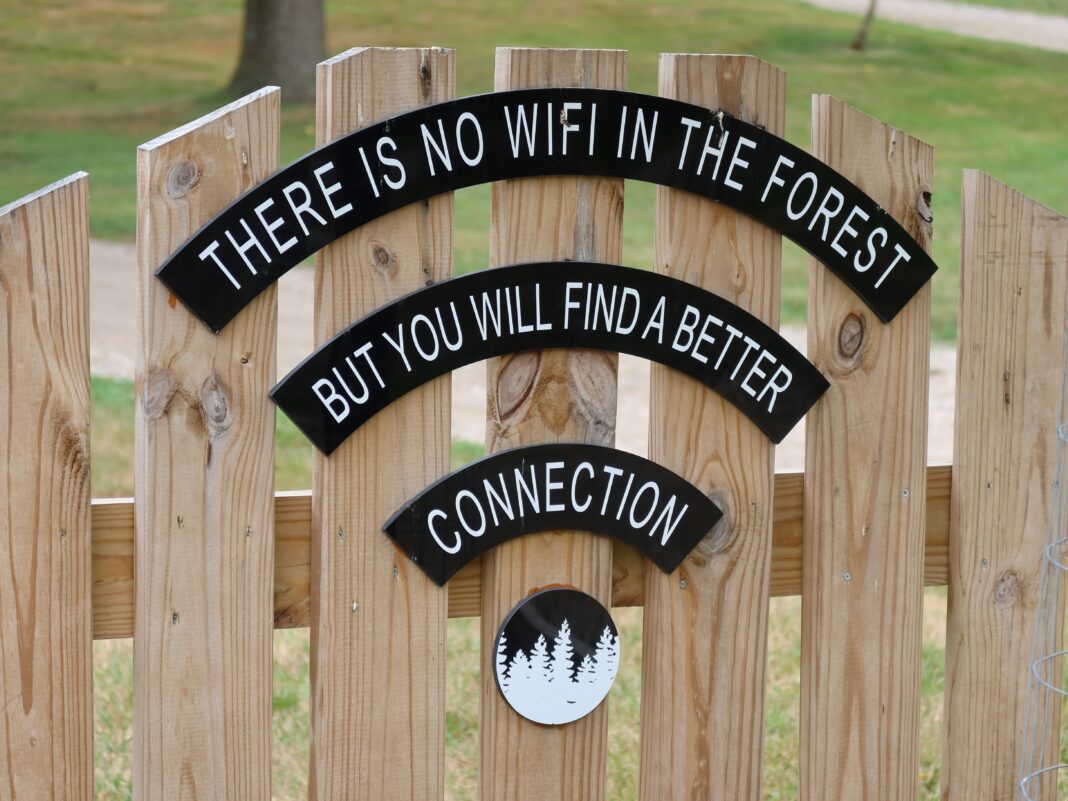Our society has become increasingly reliant on technology in our everyday lives. We utilize it for navigation, to communicate with others and to find information, among other things. Let’s take a moment to think: Can you name at least one person in your circle that doesn’t own a computer and/or a touch-screen phone? I know that I can’t.
Originally, technology was meant to simplify out lives, however, it seems as though our lives have began to revolve around it. Phone addiction is prevalent. It’s rare to encounter a teen, like myself, who can go longer than 30 minutes without feeling the need to check their phone. While acknowledging that phones do not pose the same risks as drugs, it’s crucial to recognize that addiction, in any form, warrants serious attention and consideration within our society.
P.S: Brain scans show that screen time activates the same neural loops that narcotics do.
What Exactly Does It Mean To Unplug?
In short, unplugging means to disconnect from the online world by taking time away from your devices. Unplugging is important because it’s been proven to improve stress levels, mental health, attention span, boost creativity and solidify relationships.
Why Is It Important?
As previously mentioned, the act of unplugging has proven to improve relationships. Extensive research indicates that heightened phone usage correlates to decreased face-to-face interactions on average. Yet, beyond the statistics lies a truth we inherently recognize: our addiction to technology.
More often a distraction than a tool, technology frequently pulls us away from the present moment, diminishing opportunities for meaningful connections with those around us. This being said, increased phone usage facilitates isolation and tends to lead to introversion and social anxiety. Given our innate social nature, prioritizing genuine relationships, both platonic and romantic, is crucial for personal growth an the development of interpersonal skills.
✧・゚: *✧・゚:* *:・゚✧*:・゚✧ ✧・゚: *✧・゚ :* *:・゚✧ *:・゚✧✧ ・゚: *✧・゚ :* *:・゚✧*: ・゚✧✧・゚: *✧・゚:* *:・゚
Want to support us? Check out our other blogs:

